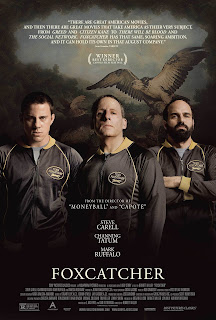Ryu to Sobakasu no Hime; animated science-fiction drama, Japan, 2021; D: Mamoru Hosoda, S: Kaho Nakamura, Takeru Satoh, Ryo Narita, Shota Sometani, Tina Tamashiro
Oh the irony: Suzu is one of the most unpopular teenage girls in high school, but at the same time, in the virtual reality platform U her avatar, the purple haired Bell, is one of the most popular characters ever, with millions of followers listening to her singing. Only her nerdy friend Hiroka knows her secret identity. When Bell encounters the Beast, an unknown profile, she recognizes his tortured soul and wants to help him, but he refuses to reveal his identity. Bell assumes it must be her ex-boyfriend Shinobu. But it turns out Beast is teenage boy Kei, who is scarred together with his brother Tomo by their abusive father who beats them. Suzu travels to Tokyo in the rain, finds Kei and Tomo and protects them from their father. Suzu returns home and reunites with her friends.
Mamoru Hosoda’s film essay on the relationship between people and their virtual reality avatars which project their secret desires, “Belle” is an honest, well made, tender film, but it trips and falls over its own feet in the convoluted finale. This anime works the best when it focuses on small ‘slice-of-life’ moments of its protagonist, teenage girl Suzu, spinning her into a well developed character (the delicious 2-minute static shot, without a cut, in which Shinjoro finds out Ruka Has a crush on him, they both blush and don’t know what to say, he exits, but Suzu forces him to return back to the scene and talk to Ruka) or conjuring up certain cool scenes with style (Ruka playing saxophone on the school campus with others, while jumping with her legs left and right, “Blues Brothers”-style). On the other hand, the context of unpopular Suzu enjoying her popularity online as avatar Bell wasn’t explored that much. Instead, the story focuses on the relationship between two “masked” avatars, Bell and the Beast, which mirrors Disney’s animated classic “Beauty and the Beast” in an abstract way, with the highlight of her singing an enchanting song for him under a night sky, which is fabulous. And yet, when Bell finally reveals her true identity, the story also shows that such online escapism can only go so far, and that people should return to real life and have direct conversation and human contact. The finale messes everything up, though. The reveal of Beast’s identity is unexpected, but so random and arbitrary that it seems as if it was shoehorned from a different movie, a soap opera. The abusive father trope is done in such a terribly cliche way that it is embarrassing to watch, and the ending is also banal in its over-sentimentality and melodramatic excess. A better ending would have made for a better movie.
Grade:++










